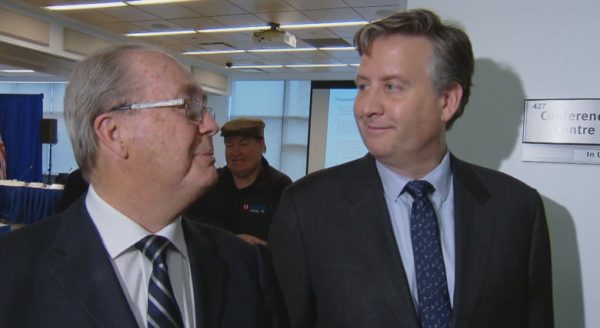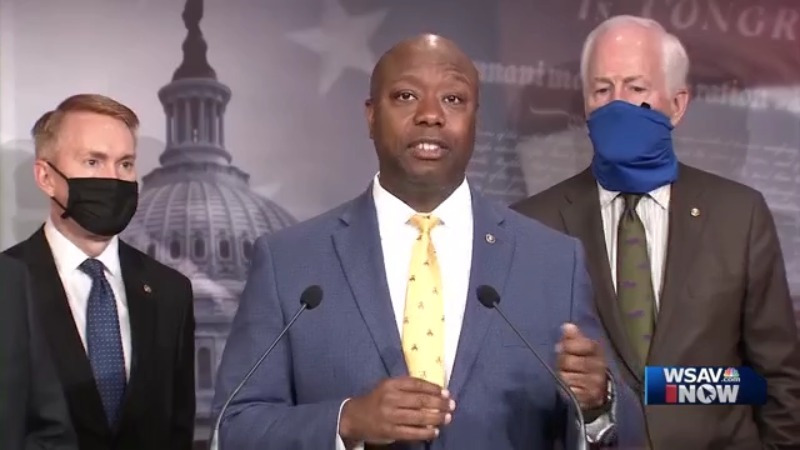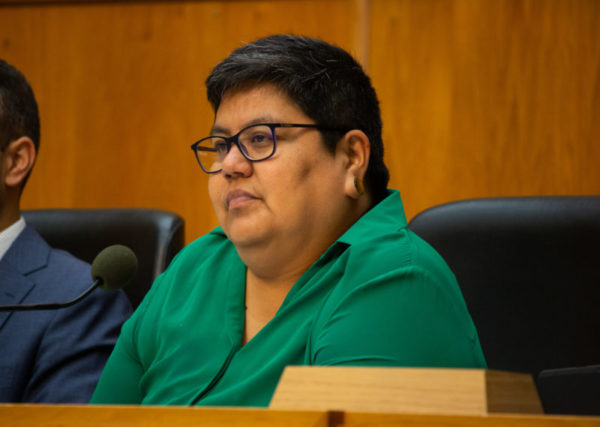In 2018, a record number of new mayors were elected across British Columbia, many of them promising big changes in their communities. In 2019, many of them tried to implement their promises, with mixed success.
So what will 2020 hold?
There’s no crystal ball for predicting how politics will play out across 162 different municipalities — but here are some big stories likely to come up over the next 12 months.
Mayoral opposition in Vancouver and Surrey
Opposition has begun to grow against the agendas of Vancouver Mayor Kennedy Stewart and Surrey Mayor Doug McCallum, with divisive budgets passed by both earlier this month.
In Surrey, the opposition is somewhat splintered, with three independent councillors and one from a different political party voting against McCallum. And in Vancouver, while most councillors support the mayor on some policy issues, the largest opposition group (the NPA) is wracked by a dispute between the board of directors and elected officials.

Policing in Surrey
Speaking of Surrey, arguably the most substantive policy switch by any B.C. local government in 2019 was the city’s move toward an independent police force. The province tentatively approved Surrey’s plans to do away with the RCMP, but created a joint task force to oversee the timeline and details.
It’s unclear if the task force — chaired by former attorney general Wally Oppal — will approve a full switch and if it will meet McCallum’s start goal of April 2021.
SkyTrain to UBC
In Vancouver, the big mayoral promise — an extension of the Millennium Line from its planned terminus at Arbutus Street all the way to UBC — remains more muddled.
Vancouver’s council and the TransLink Mayors’ Council approved the project, but it will require more than a billion dollars in federal funding.
Stewart said in an October interview that the city needs a commitment from the federal and provincial governments to make sure the line runs to UBC.

Massey Tunnel and North Shore fixed links
Other proposed transportation projects will also be in the headlines in 2020, though the municipalities involved might have less of a say in how they turn out.
The province has promised next year will finally see a business case delivered for a new tunnel that would replace the aging Massey crossing between Richmond and Delta, while a provincially-funded study into options for a new link between the North Shore and Vancouver will also be completed.
Official Community Plan consultations
Next year, Vancouver fully embarks on city-wide plan consultations, while Port Moody, White Rock and the District of North Vancouver are scheduled to consider changes to their Official Community Plans (OCP).
In those smaller communities, mayors were elected on a promise of slowing down growth, and new OCPs will allow opportunities to put new regulations on the height or form of new buildings in town centres.
Budgets under control?
In both Vancouver and Metro Vancouver, budgets for 2020 were passed with significantly higher property tax increases than usual — seven per cent in Vancouver, and six per cent in Metro Vancouver.
In both jurisdictions, elected officials have asked staff to provide more consultation for the 2021 budget, in hopes it might be easier to identify possible savings.
Developer donations
While the provincial government banned corporations from donating in local elections, the people who run companies are still allowed to donate to whomever they choose.
That’s caused controversy in many municipalities, as company owners and managers gave money to mayoral and council candidates across the region — often in jurisdictions where they were planning new projects.
A number of actions are underway that could change how the rules are interpreted in the future, from municipalities considering new rules around transparency, lobbying the provincial government for further changes, or lawsuits by concerned citizens.
‘Compassion fatigue’
Several mid-sized municipalities passed new bylaws in 2019 cracking down on panhandling activity, and mayors in other communities warned that growing homeless populations, mixed with modular housing projects created by the provincial government, were spurring a backlash.
“We need help in the worst way, and the meantime, the reservoir of public sympathy is fast evaporating because of the level of crime related to addiction,” Nanaimo Mayor and former NDP MLA Leonard Krog said in September to the government.
Krog has since asked for the province to institutionalize homeless people who are severely mentally ill.
Victoria byelection
While B.C.’s local elections aren’t for another three years, there is a byelection in Victoria that will be watched closely.
Laurel Collins resigned from council after being elected with the NDP in October’s federal election, and a number of candidates are expected to run to replace her. With Victoria city council often in the news — and occasionally raising the ire of the province — the expected March byelection will provide an interesting glimpse into the minds of voters in B.C.’s capital city.
North Van Pigeons
And finally, a quickly escalating drama over the ban on owning pigeons in the District of North Vancouver will likely resolve itself next year.
After CBC News revealed that the only person affected by the pigeon ban lived beside a councillor who explicitly asked for the ban and in the past said it affected her property’s value, the district launched an internal investigation and both North Vancouver and the councillor in question were taken to court.
All three proceedings should conclude in 2020.


